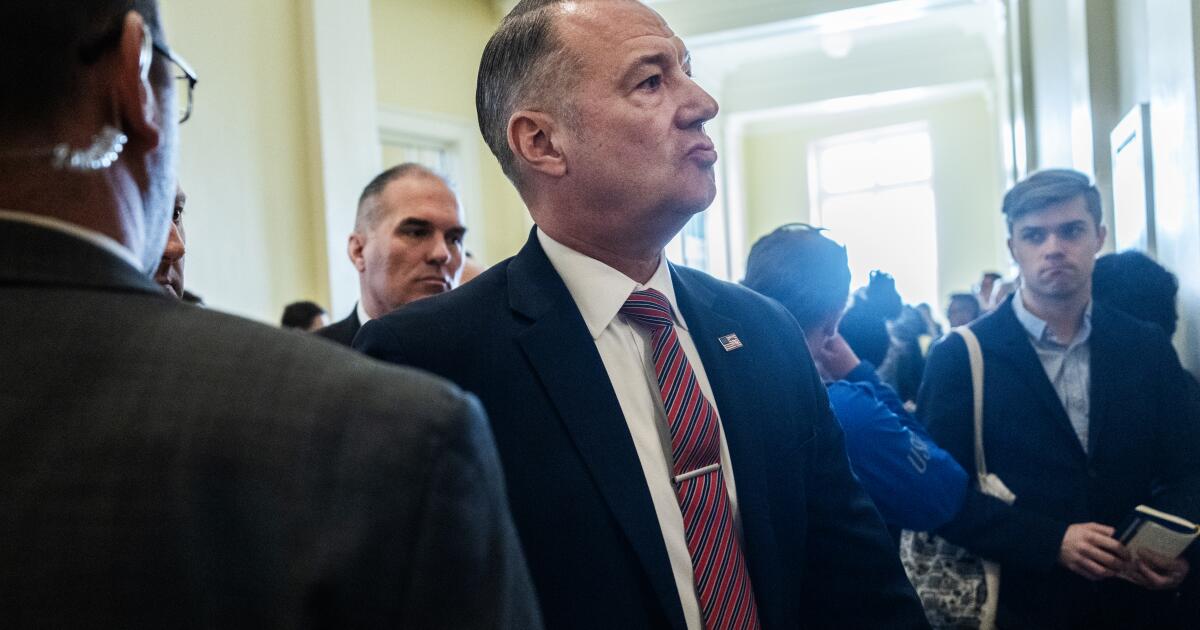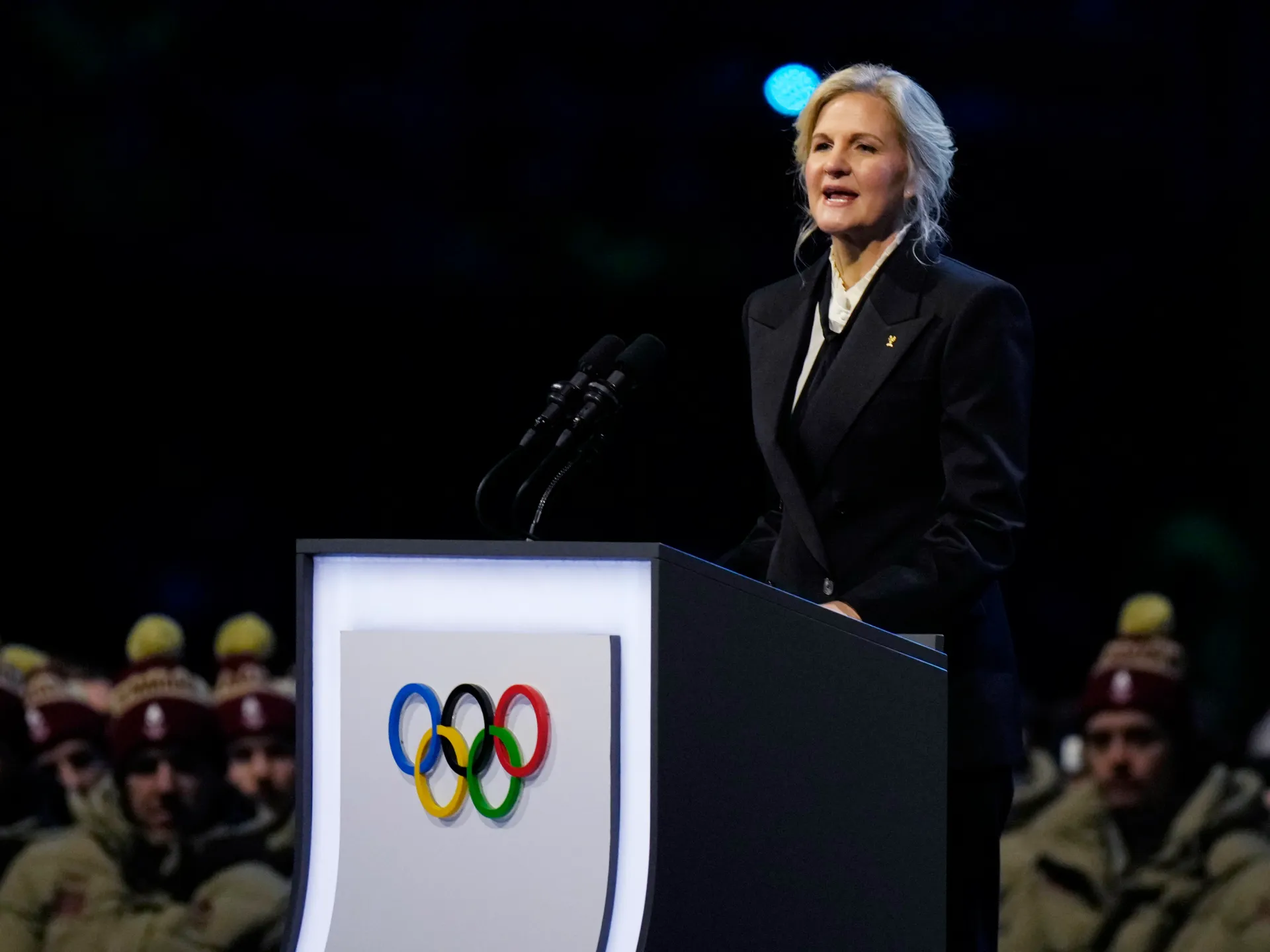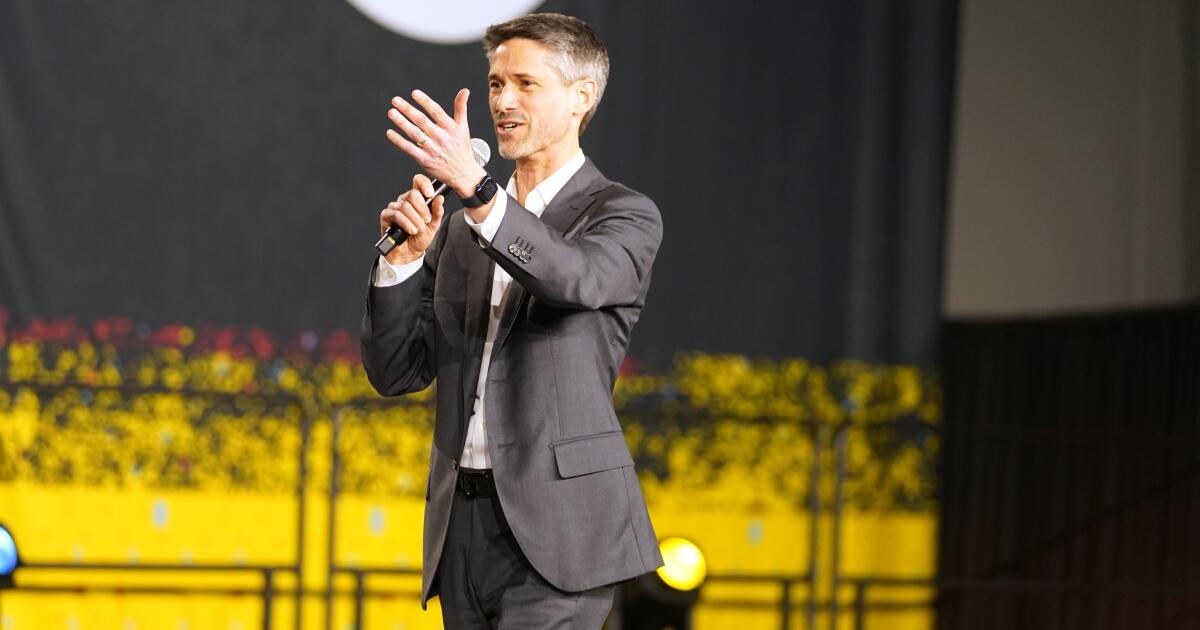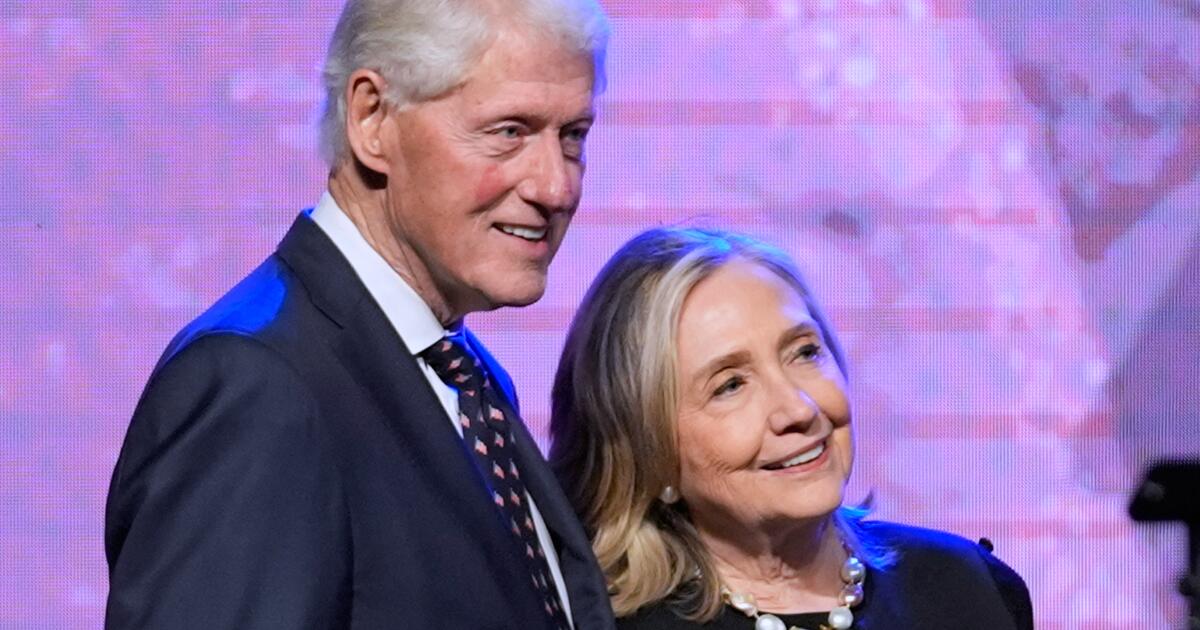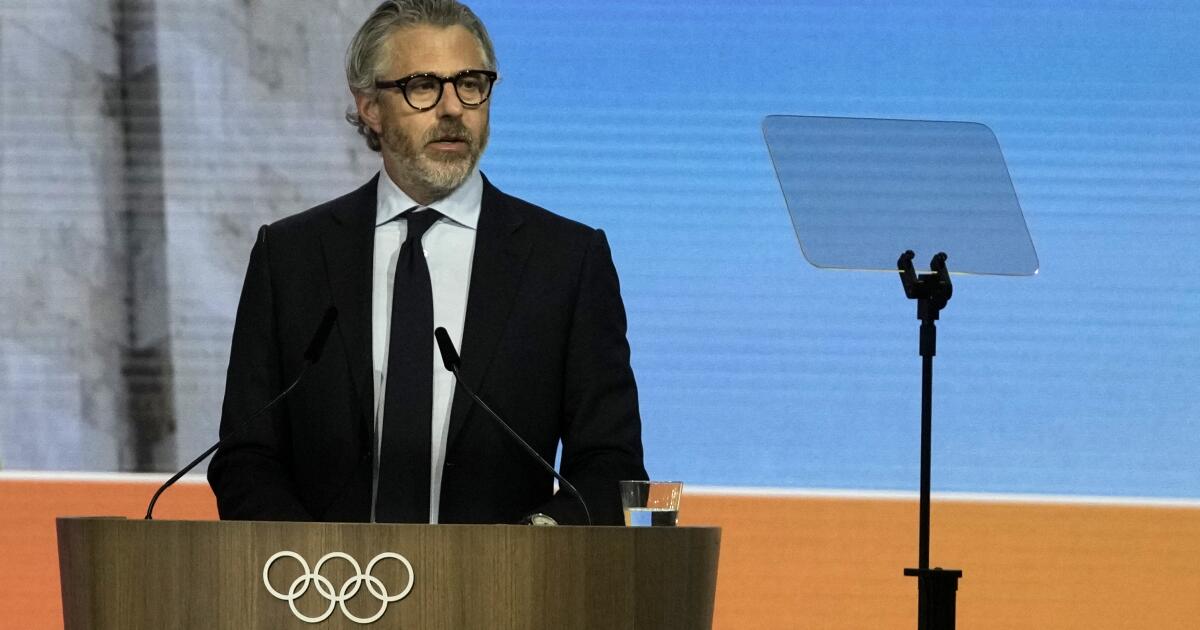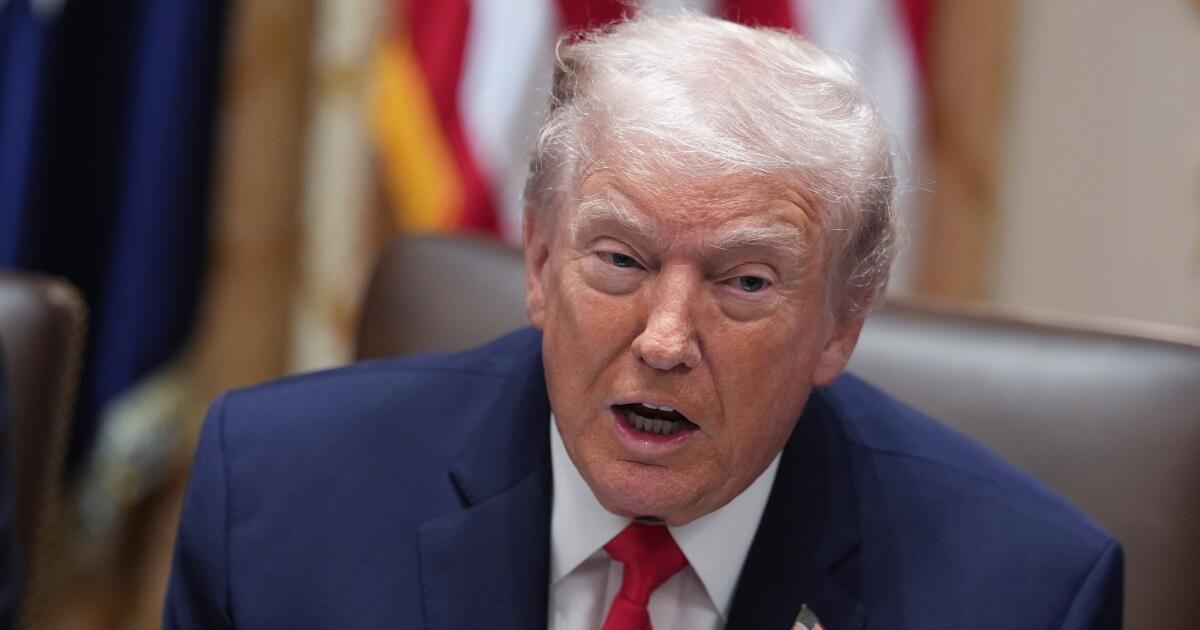Immigration officials grilled over U.S. citizen deaths during oversight hearing
WASHINGTON — The leaders of the agencies enforcing President Trump’s immigration crackdown faced tough questioning on Capitol Hill on Tuesday, with one Democratic lawmaker asking the head of ICE if he would apologize to the families of two U.S. citizens killed by federal agents and called domestic terrorists by Homeland Security Secretary Kristi Noem.
Todd Lyons, acting head of Immigration and Customs Enforcement, declined to apologize to the families of Renee Good and Alex Pretti during the hearing but said he welcomed the opportunity to speak to Good’s family in private.
“I’m not going to speak to any ongoing investigation,” Lyons said.
For the first time since the federal operation in Minneapolis led to the deaths of Good and Pretti, the heads of three immigration agencies testified before the House Homeland Security Committee.
Along with Lyons, the other witnesses were Joseph Edlow, director of U.S. Citizenship and Immigration Services, and Rodney Scott, commissioner of Customs and Border Protection. Their agencies fall under the Department of Homeland Security.
Democrats and some Republicans have called for increased oversight of the Trump administration’s immigration operations since the shootings last month of Good and Pretti, both 37, by federal agents.
In the aftermath of the shootings, the administration replaced Gregory Bovino, a Border Patrol official who led the charge in Minneapolis, with border policy advisor Tom Homan, a former ICE official. Officials also withdrew some agents and began requiring those in Minneapolis to wear body cameras.
“We must take the temperature down and look at the record of enforcement actions through rational eyes,” said the committee’s chair, Rep. Andrew Garbarino (R-N.Y.).
Garbarino asked for commitment from the ICE and CBP leaders to give the committee the full reports and findings of the investigations into the shootings of Good and Pretti once those conclude. Scott and Lyons agreed.
Scott, the CBP commissioner, told the committee members that officers face an unprecedented increase in attacks by people who interfere with law enforcement action. He said these actions are “coordinated and well-funded.”
“This is not peaceful protest,” he said.
Lyons, the ICE leader, told lawmakers that his agency has removed more than 475,000 people from the U.S. and conducted nearly 379,000 arrests since President Trump returned to the White House. He said the agency has hired more than 12,000 officers and agents.
He condemned so-called sanctuary jurisdictions, which limit the collaboration between local law enforcement and ICE, as well as the rhetoric from public officials against ICE.
Lyons testified that 3,000 out of 13,000 ICE agents wear body cameras. Scott estimated that about 10,000 of 20,000 Border Patrol agents wear cameras, adding that “we’re building that program out.”
The agency heads faced intense questioning from Democrats on the committee, including those from California.
Rep. Eric Swalwell (D-Dublin) asked Lyons about his comment last year that the deportation process should work “like Amazon Prime, but with human beings.”
Lyons said the comment had been taken out of context.
“I did say that we need to be more efficient when it comes to removing individuals from the United States, because ICE doesn’t detain people punitively — we detain to remove,” he said. “I don’t want to see people in custody.”
“Well, speaking of human beings, how many times has Amazon Prime shot a nurse 10 times in the back?” Swalwell responded.
Swalwell asked how many agents have been fired for their conduct under Lyons’ leadership. Lyons said he would get that data.
“Can you tell us if, at least — God, I hope at least one person has been fired for their conduct since these operations have begun,” Swalwell said.
Lyons said he wouldn’t talk about personnel.
Swalwell was the one who asked Lyons if he would apologize to the families of Good and Pretti. He also asked if Lyons would resign from ICE. Lyons declined.
Rep. Lou Correa (D-Santa Ana) questioned Lyons about whether carrying a U.S. passport is enough for people to avoid being detained or deported. An October report by ProPublica identified more than 170 instances of U.S. citizens who were detained at raids or protests.
Lyons said U.S. citizens shouldn’t feel the need to carry their passports.
“No American citizen will be arrested for being an American citizen,” Lyons said.
Correa said a number of U.S. citizens in his district, which is majority Latino, have been detained, some for several days.
Lyons said he wasn’t aware of any cases of detained American citizens.
“Are you surveilling U.S. citizens today?” Correa asked.
Lyons said there is no database for protesters.
“I can assure you there is no database that’s tracking down citizens,” he said.
This is a developing story and will be updated.
